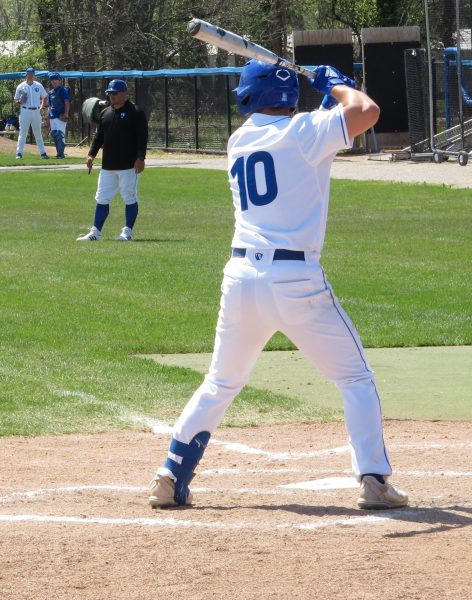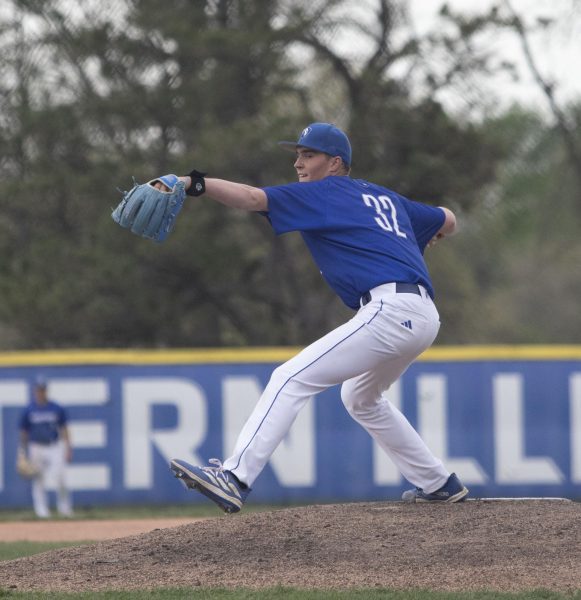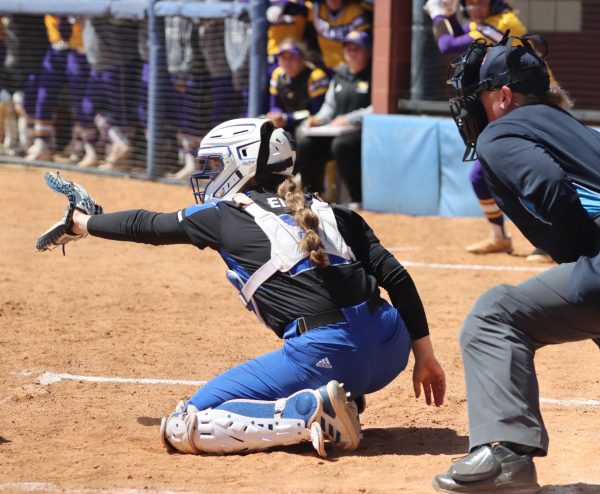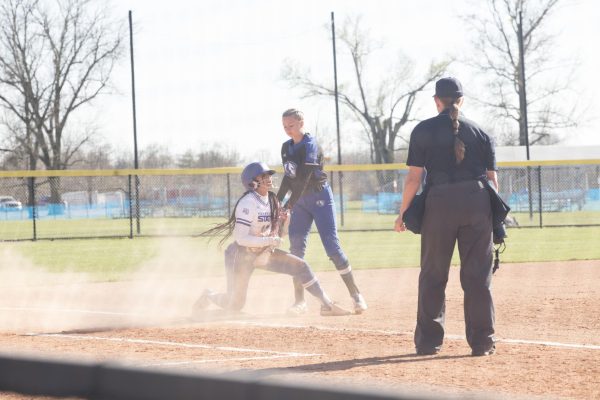Throwing Heat: The talk of college basketball
The New York Times called the late Al McGuire “the James Joyce of the airwaves” before the 1995 NCAA basketball tournament.
McGuire would’ve hated that.
The Times in all of its arrogance assumes two things: one, three out of every four readers won’t know who Joyce is, and two, those of the majority who don’t will look it up and realize how smart the writer/reporter is.
Here, I’ll save you the time – Joyce was an Irish novelist noted for his experimental use of language. What Mr. Ingenious of The Times failed to comprehend is two were similar because of their heritage, not their style.
However, I’m happy to proclaim my generation has a new McGuire to look forward to every college basketball season and appreciate during the March of Madness. Trust me, I don’t think anyone will confuse him for a 19th century author.
“Slam dunk,” “alley-oop,” “the key” – ever wonder where these common basketball phrases come from? Announcers.
Clark Kellogg is slowly but surely changing the language of basketball into the words we use today, and he’s doing it with the elegance and literacy of a Harvard graduate – not the befuddled jumble of Dick Vitale’s yelling mixed with random proclamations.
McGuire had a way with words that the viewer wanted to hear during a telecast. I wanted to hear that Rick Pitino was a “salt and pepper” type of coach (translation: master of X’s and O’s). In McGuire’s world, college athletes should “congratulate the temporary” (translation: live for the moment).
After officially getting his feet wet in the broadcast booth and now returning this season as the weekend analyst for CBS, Kellogg is taking the creative torch from McGuire and making it his own.
During the Indiana/Illinois telecast, I was tuning out the broadcasts while I was watching the Fighting Illini go on a 20-3 run to the start the game.
Illini forward James Augustine made a basket, and when the Hoosiers called time out, Kellogg uttered the most imaginative correlation in basketball broadcasting.
“James Augustine’s post game is very much like Chinese food (at this point he’s compared an efficient Big Ten big man to take out cuisine) because no matter how much you eat, you get up from the table thinking you could’ve had more,” Kellogg said.
The similarity is a perception that Chinese food never does entirely fill an appetite. Anybody that’s had an oriental buffet can agree to that statement. Since Augustine is somewhat inconsistent with his aggressiveness on occasions, this is a correct association.
I was forced to sit in my chair and tip my cap for that statement.
You see, Kellogg made a New York Times-thought but transformed it into a Daily News comment. The thought and wording was something says in a bar, hoping to sound funny, but Kellogg had enough fortitude to say it confidently on air.
So, during the NCAA Tournament even though you won’t hear McGuire talk about a tail-ender from the cracked sidewalks make a French pastry in a white-knuckler, Kellogg might amaze you with a verbal gem that will leave you feeling the better about the pageantry of college basketball.











































